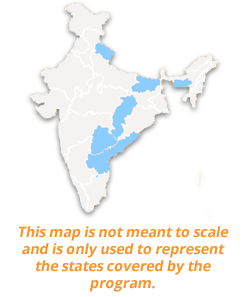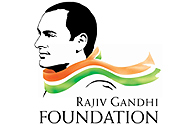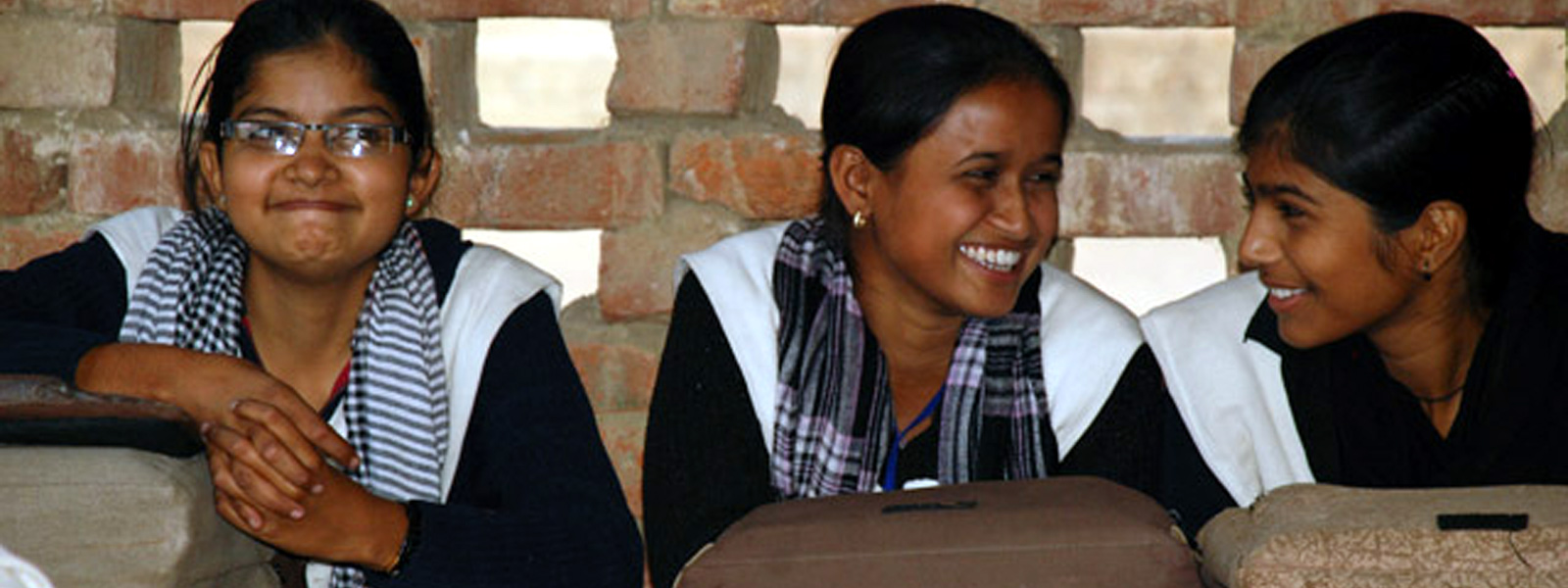Transform Schools

India, like many other countries, is following a model of education delivery that over-emphasises literacy and numeracy skills. The existing learning paradigm perceives information acquisition and its reproduction as the measurement of a child’s ability and intelligence. Fundamental change can take place only with a redefinition of learning.
In a scholastic framework, creating an environment for students to discover and construct knowledge for themselves is an integral aspect of enabling learning. In order to create such an environment, it is essential for the child to relate knowledge meaningfully to its own experiences. Learning takes place more effectively if it evolves from the context of the child and is transformative in nature. A transformative approach to learning should aim at building eagerness and confidence in the child’s ability to learn. It should enable the child to develop abilities that support the process of learning.
Based on the above understanding, the Foundation launched the Transform Schools programme in 2012. As a part of this programme, government schools in various clusters, or in some cases even blocks, were supported and capacitated to radically change their pedagogy so as to become child-centric. The key changes in this approach to teaching learning were:
-
Facilitating, not teaching: Teachers had to move away from just teaching to a larger and more empowering method of facilitating the child to learn
-
Creating multiple learning environments for experiential learning: Children engaged in multiple learning sessions that introduce and encourage them to identify and develop different learning abilities; through this process, children got many opportunities to demonstrate their understanding and also use and further develop their abilities
-
Concepts, not chapters: Children leartn through concepts that were drawn from the syllabus content; this mapping of concepts was done up to class V
-
Continuous and comprehensive development of abilities: Through an assessment system that looks at a comprehensive range of abilities, children were provided feedback on an ongoing basis
The Foundation offered support towards capacity building for teachers and teacher supervisors and provided planning and resource support at the school level. The programme was carried out with the concurrence and active involvement of the education departments at the state, district and block levels.
The transformative learning project reached out to more than 900 schools across the states of Andhra Pradesh, Telangana, Bihar, Chhattisgarh, Meghalaya, Uttarakhand and Uttar Pradesh. The details of the clusters are presented below:
| State | District | No. of Clusters | Names of Clusters |
|---|---|---|---|
| Andhra Pradesh | Mahabubnagar Chittoor Visakhapatnam |
3 2 3 |
Gattu, Padakal, Dharur Karvetinagar, Shantipuram Regallu, Pudimadaka, Jolaput |
| Bihar | Jehanabad Madhubani |
2 1 |
Nawabganj, Jamanbigha Simri |
| Chhattisgarh | Bastar Mahasamund |
3 3 |
Irikpal, Borpadar, Pahurbel Sankra, B.K. Behra, Khatta |
| Meghalaya | North Garo Hills
East Khasi Hills |
22
14 |
Thorika, Damas, Daram, Thapa Khantolguri, Achotchonggre, Waramgre, Gajingpara, Kosichora, Nengsa Wakso, Dainadubi, Mongpangro, Gosingpita, New Harinkata, Gokol, Bekbekgre, Miapora, Gambil Aga, Bolson, Bajengdoba, Thapa Bishrampur, Songmegap, Resubelpara 5th Mile, Nongkseh, Phudmuri, Mawsiatkhnam, Nongshilliang, Rynjah, Nongmynsong, Mawpat, Nongkwar, Madan Iing Syiem, Mawkriah, Madanryting, Mawmih, Rangbihbih |
| Uttarakhand | Dehradun Bageshwar Nainital Chamoli |
1 1 1 1 |
Jeevangarh Galai Nathuakhan Urgam |
| Uttar Pradesh | Amethi Rae Bareli Bareilly Chitrakoot Bahraich Lucknow Barabanki Sultanpur Ghazipur Kanpur Dehat |
5 4 2 2 2 2 2 2 2 2 |
Kohar, Paniyahar, Sarmay, Korari Heer Shah, Bramni Birnava, Kanoli, Khajuri, Goura Sardar Nagar, Nagaria Vikram Kapsethi, Ashoha Bhambora, Badrauli Khushal Ganj, Banthra Jahangeeraba, Harak Dekaha Misrapur, Hemnapur Gahmar, Sarai Gokul Nonapur, Ratanpur |
The processes reached out to 350 functionaries in districts, blocks and cluster level, 903 head teachers, 1,500 teachers and 96 cluster facilitators from the 12 NGOs. The interventions were focused on enhancing the speaking, writing, reading and social skills of around 50,000 children.

